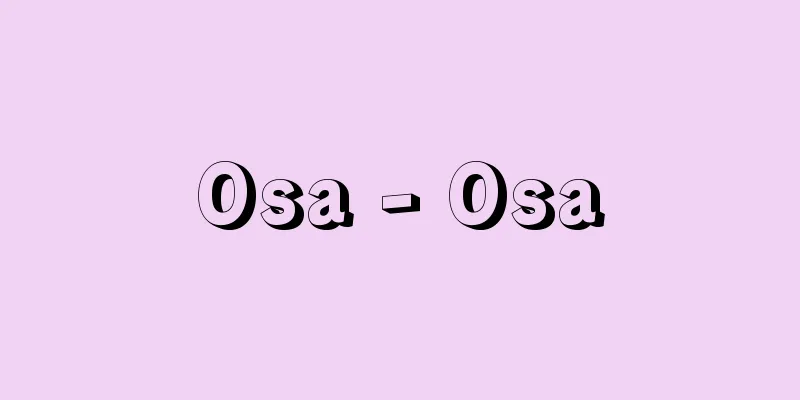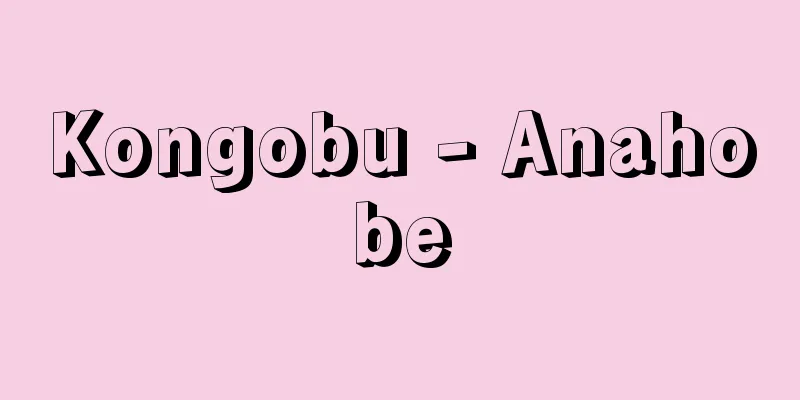Know-how (English spelling)

|
Know-how is translated as "technical secrets" and is often used to refer to technical know-how, especially secret information about production processes, but nowadays it is used in a broader sense to include commercial or business know-how. It can also be written as "know-how." Usually, know-how has no value unless it is secret know-how, so it generally refers to something that is secret. Source: Heibonsha World Encyclopedia, 2nd Edition Information |
|
ノウ・ハウは技術秘訣などと訳され,技術的ノウ・ハウtechnical know‐how,とくに生産工程上の秘密情報をさすことが多いが,現在では,商業上または業務上のノウ・ハウcommercial or business know‐howをも含む広い意味でも用いられている。ノウハウとも表記する。通常,ノウ・ハウは秘密ノウ・ハウsecret know‐howでなければ価値がないので,一般に秘密のものをさす。
出典 株式会社平凡社世界大百科事典 第2版について 情報 |
Recommend
Lamiaceae
...It is characterized by its high carotene conte...
High-powered money
It refers to the total amount of cash currency and...
Cornelisz., C. (English spelling) CorneliszC
…The second half of the 16th century was a period...
Scherman, H.
...The first real book club was established in Ge...
Ichiro Ozawa
Politician. Born in Iwate Prefecture. Graduated fr...
Santa Isabel (English spelling)
…Population: 58,000 (1991). Known as Santa Isabel...
Chironomidae
…A general term for insects of the Chironomidae f...
Frequency allocation
The allocation of frequencies to be used by radio ...
Fuse [Village] - Fuse
A village in Oki County, located in the northeast ...
Gamma Dion - Gamma Dion
Please see the "Swastika" page. Source:...
Asakura Eirin
...This is a family precept that is said to have ...
Garatama - Garatama
...Dutch chemist. Also called Galatama in English...
Guinier-Preston Zone - Guinier-Preston Zone
… [GP Zone] When the melting point of an alloy is...
Shinichi Kamino
1889-1933 A labor activist from the Taisho to ear...
Riḥla (English spelling)
…Following a visit to Granada, he crossed the Sah...









